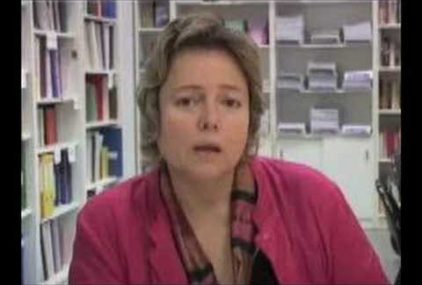The 2006 International AIDS Conference in Toronto – Interview 7
These short vídeos document Sexuality Policy Watch activities at the 2006 International AIDS Conference in Toronto: a workshop to discuss the preliminary findings of the

Sexual and reproductive rights global landscape in March and early April 2014
Sexual and reproductive rights global landscape in March and early April 2014 During March and early April, Brazil was under the spotlight in terms of

Sexual and Reproductive Rights Global Landscape in January and February 2014
Dear friends, Around the World During January and February 2014, SPW has watched the development of anti-homosexuality bills in Nigeria and Uganda, as well as

Advances and setbacks in sexual and reproductive right’s landscape in 2013
During the year of 2013, sexual and reproductive rights were threatened by state decisions in various places around the world. At the year’s end, three

Global landscape on sexual and reproductive rights in November 2013
November was marked by two relevant facts in the sexual and reproductive rights landscape: the financing of Human Rights Campaign to promote LGBT rights and

Global and regional issues highlighted by SPW on October
In October 2013 our main themes were the following: On October 10, activist Gabriela Leite, who devoted her life to fight for the rights of

World facts highlighted by SPW on September
During the month of September, Sexuality Policy Watch has followed the global landscape of sexual and reproductive rights. In the Latin American scene, we highlighted

World facts highlighted by SPW in September 2013
During September, Sexuality Policy Watch followed the global landscape of sexual and reproductive rights. In the Latin American scene, we highlighted the Regional Conference on
SPW Newsletter N.13 – July, 2013
SPW Newsletter No. 13 landscapes the implications of the new papacy of Francis the First for the sexual and reproductive rights in Latin America. We invited five SPW partners: Daniel Jones, Diana Maffía and Juan Marco Vaggione, from Argentina; Edgar Ruiz, from Mexico; and Maria José Rosado, from Brazil to share their views on how this political shift at the Vatican will affect sexual politics in the region. We choose three authors from Argentina because we wanted critical assessments made by analysts more closely acquainted with Bergoglio’s trajectory and political style. Edgar Ruiz in his article provides a sweeping view of the new papacy from a wider Latin American perspective, and Maria Jose Rosado’s interview speaks more directly of the Brazilian context including concerns about the papal visit and its potential negative impacts.



